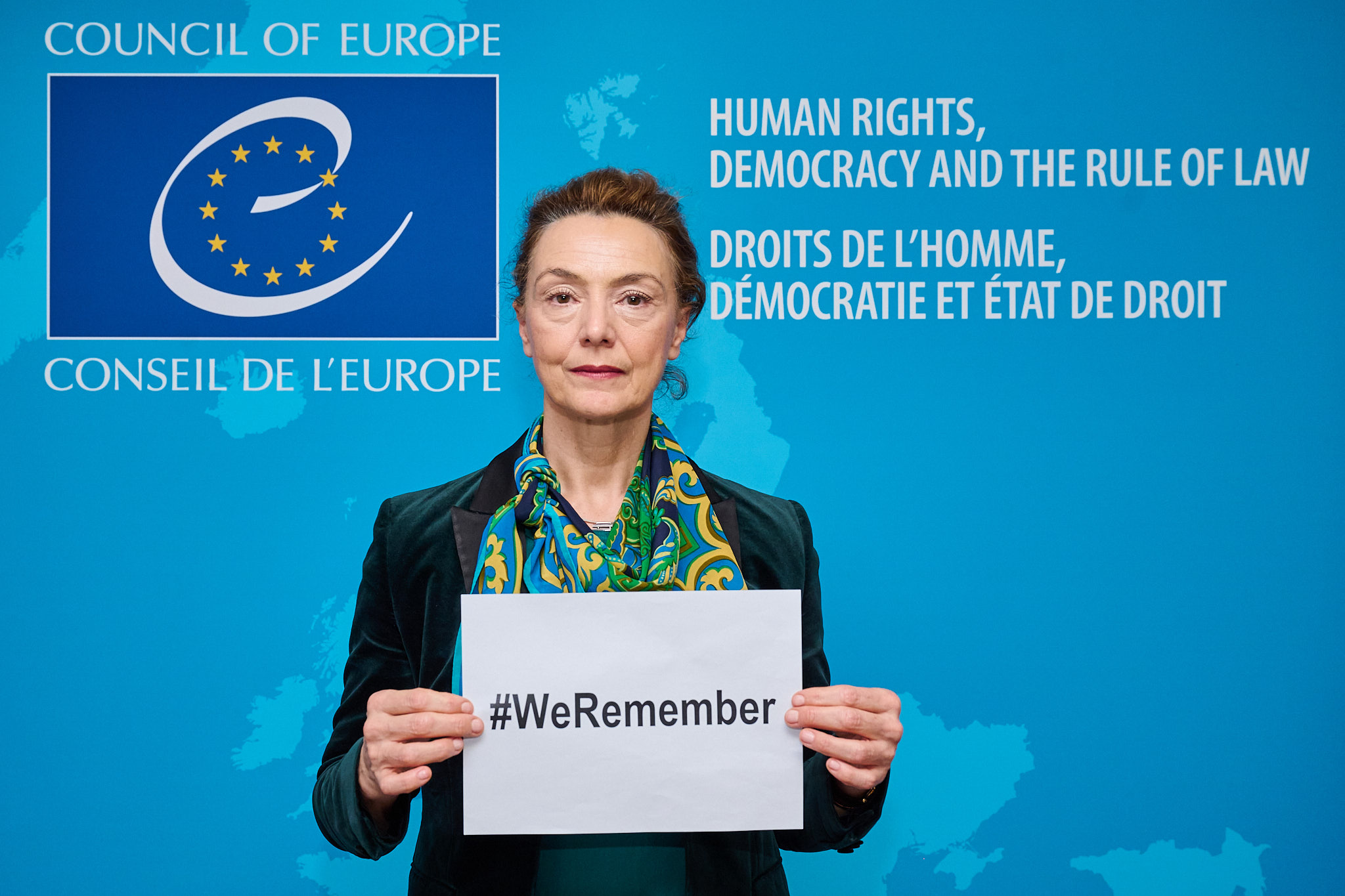WHO WILL REPLACE MRS. BURIĆ PEJČINOVIĆ?

By: ECLJ
Photo: COE
On Tuesday, 2024 June 25, the new Secretary General of the Council of Europe will be elected for a five-year term. On Wednesday, June 26th, three new judges for the European Court of Human Rights (ECHR) will be elected for a nine-year term. The Assembly of the Council of Europe will vote on the candidates that the governments propose. The Assembly, comprised of MPs from the 46 member states, is meeting this week in plenary session. The results of these two elections will impact the overall orientation of the Council of Europe and the case-law of the ECHR for the next ten years.
The two key positions of Secretary-General and Commissioner for Human Rights
Since 2019, the Secretary General of the Council of Europe, Marija Pejčinović Burić, has been a right-wing Croatian politician. She will be replaced by one of three candidates who have been selected by the Council of Europe’s governments. What they have in common is that they are left-wing and liberal: Alain Berset, former Socialist President of the Swiss Confederation (2018-2023), Indrek Saar, former Chairwoman of the Socialist Group in the Estonian Parliament (2019-2023), and Didier Reynders, Belgian politician from Renew Europe, European Commissioner for Justice in the von der Leyen Commission (2019-2024).
Also, the Commissioner for Human Rights, another of the Council of Europe’s key figures, has recently been appointed from the left. Michael O’Flaherty, an Irish academic, was elected in April 2024 by the Assembly of the Council of Europe for a six-year term. This election had gone unnoticed. Ordained a priest in 1987, Mr. O’Flaherty was reduced to the lay state and became a human rights and LGBT activist, being appointed at the Human Rights Council and the UE Fundamental Rights Agency.
A new ECHR judge from the Open Society network?
It has already been almost a year since a new Serbian judge should have been elected to the ECHR. Last autumn, the Assembly of the Council of Europe rejected the candidacy of a lawyer who had worked with two organizations from the Open Society Foundations (OSF) network, founded by the liberal billionaire George Soros. Serbia maintained two similar candidacies: that of Natasa Plavsić, a magistrate who had collaborated with two OSF associations (AIRE Centre and Civil Rights Defenders), and that of Mateja Durovic, a professor.
The latter, who wished to remain discreet, did not hesitate to delete a letter from his surname on his Curriculum vitæ as a candidate for the ECHR. Right-wing MPs at the Council of Europe have mistaken his identity and intend to vote for him since he has no apparent political commitments. However, under the name “Djurovic,” under which he is known, he has worked with the European Policy Center, an organization directly funded by Soros’ OSF. He still appears on this organization’s website as one of its collaborators, information he omitted from his five-page candidate Curriculum vitæ.
An opponent of Viktor Orbán is among the list of candidates for the ECHR
Austria’s future ECHR judge is also likely to be a liberal. The current Austrian government is formed by a coalition agreement between the ÖVP and the Greens, under which the Greens select the candidates for the ECHR. The government has proposed a Hungarian professor, András Jakab, as a candidate. Jakab is a frequent media critic of Hungarian Prime Minister Viktor Orbán. His research is financed by funds from the European Union and the OSF. Another candidate for Austria, the academic Ursula Kriebaum, has been involved in Amnesty International.
Finally, the Assembly of the Council of Europe will also vote for the future Finnish judge of the ECHR. Alongside two judges, Finland has also proposed a left-wing professor, Juga Lavapuro. He advocates banning anti-immigration movements in Finland, arguing that they violate human rights because of their alleged “racism”. Mr. Lavapuro has also led a media campaign against Timo Juhani, Finland’s former Foreign Minister (2015 to 2019), after he attended an abortion-themed prayer vigil in his private life.
Judges with a left-wing activism background lack ethics
It would be logical and consistent for judges at the ECHR to be magistrates by profession. In fact, half of them is. The minority of judges who come from left-wing activism are sorely lacking ethics. Among them, Yonzo Grozev was a judge between 2015 and January 2024. Before becoming a judge, he had founded and headed Bulgaria’s Helsinki Committee for twenty years; during his tenure at the ECHR, he sat on deliberations in cases brought by that same Committee, i.e. in a situation of conflict of interest.
The worst of the ECHR’s left-wing judges is Darian Pavli, cousin of Albania’s socialist Prime Minister. Before being elected judge in respect of Albania in 2019, Mr. Pavli worked for Human Rights Watch (2001-2003) and the Open Society Justice Initiative (2003-2017), funded by the OSF. He presented himself as a lawyer on his official Council of Europe CV. However, this is apparently a lie, and he has sat on the ECHR in a conflict of interest situation numerous times. Yet, Mr Pavli is still a judge at the ECHR and will remain so until 2028.




